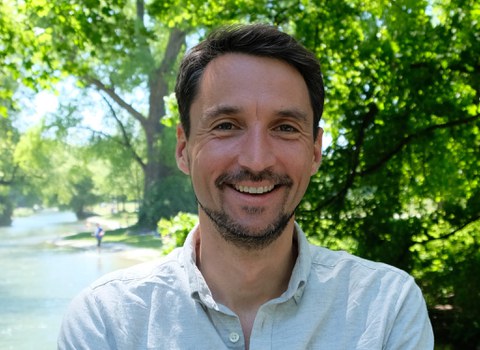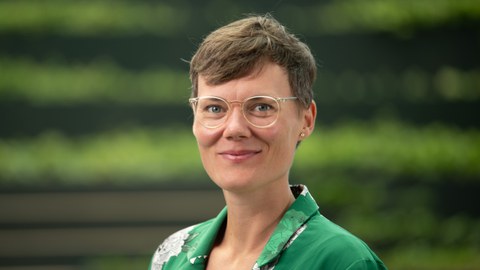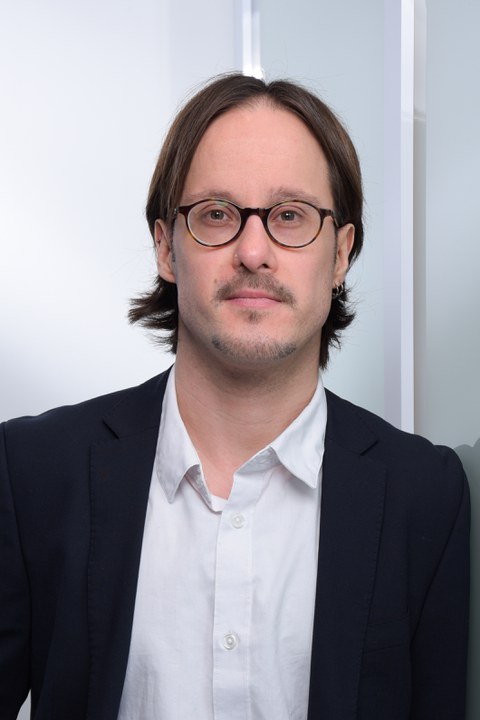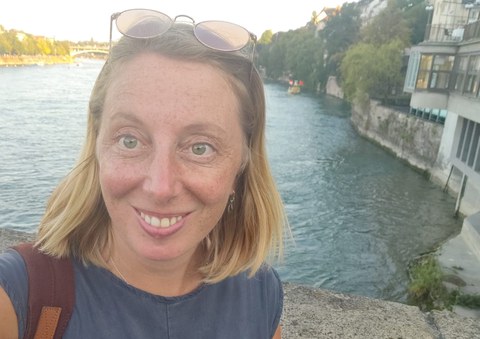Oct 11, 2024
Welcome to the Institute of History
We are delighted to welcome new colleagues in the winter semester 2024/2025. There have been changes to the Chairs of Modern and Contemporary History and Didactics: Eric Böhme (Medieval) and Corinna Link (Didactics) will take over the deputy professorships for two semesters and Hannes Ziegler has been appointed as the new Chair of Modern and Contemporary History. In addition, Dorit Brixius, the Junior Professorship for the History of Botany and Horticulture, is also partly affiliated to the Institute.
The "newcomers" had to answer two questions to introduce themselves:
1. why did you choose TU Dresden and the TU?
2. what is special (fascinating) about your field?
Here are the answers!
Prof. Dr. Hannes Ziegler
Why did you choose Dresden and TU Dresden?
Anyone who knows the academic profession will have to turn the question around: There are far more applicants for a professorship than there are Chairs. In this respect, it's fair to say that the TU Dresden and the Faculty of Arts, Humanities and Social Science chose me. And precisely because you can't always choose in this profession, I was very pleased with this decision: after all, TU Dresden is a great city and the university has an excellent reputation! What could be better?
What is special (fascinating) about your field?
We often encounter the early modern period as an alien era: the people, their customs and their ways of thinking seem unusual and strange to us at first glance. But the early modern period shows the development of our own present like no other historical epoch. I am therefore convinced that the closer we look, the more clearly we will recognize ourselves in the early modern period. We have to go through the looking glass!
Prof. Dr. Dorit Brixius
Why did you choose Dresden and the TU?
The TUD was the first and probably only university in Germany (or even the world) to launch such a specific Junior Professorship and it was perfect for me! When I, myself a historian of knowledge specializing in botany, read the advertisement, I could hardly believe my eyes. It was clear to me: apply and if it works out, then off to Dresden! Well, and here I am now and I'm not planning to leave any time soon...
What is special (fascinating) about your field?
In my experience, focusing on plants rather than people in historical analysis allows for much richer narratives to be written - beyond national or Eurocentric narratives - than would be possible with a focus on human interaction. It also allows me to explore the question: What did people who were hands-on with plants actually do (rather than think) and how did they put knowledge into action? This question of praxeology has fascinated me since I was a student.
PD DR. Eric Böhme
Why did you choose Dresden and the TU?
I studied and completed my doctorate in Leipzig and am delighted to have the opportunity to return to a Saxon university to take up a professorship. TU Dresden has an excellent reputation in our field, so the decision was easy.
What is particularly (fascinating) about your field?
What particularly fascinates me about my field of research is how multifaceted and complex the relationships between the different religions were in the medieval millennium. They were by no means based solely on mutual demarcation and confrontation, but also included a pragmatic, respectful and approachable interaction with one another, which enabled the exchange of ideas, knowledge and concepts. It is largely thanks to this productive cooperation that the knowledge of antiquity was passed on and disseminated. Without the interaction between Judaism, Islam and Christianity, our modern Europe would not have been able to develop as we know it today.
Dr. Corinna Link
Why TU Dresden?
I'm looking forward to working in the state capital and take my task of training history teachers here very seriously. TU Dresden and Dresden offer ideal conditions for this: From my office, I look out over the excellently equipped State and University Library and the Center for Teacher Education and Educational Research. The university school, where students can try out lessons, pupils can get to know new didactic concepts and researchers can scrutinize these new concepts in practical tests, is right next door, and on my daily commute to work I pass museums, collections and architectural highlights of a golden baroque city - countless for me so far. I can be here.
Why didactics?
I love communication. Especially when it's about something - and whenever history is involved, it's about something. The communication of history and thinking about this communication describes the work of the didactic historian. He examines how history is told and communicated. And they ask what is useful for whom and when.
So that's what I do for a living now, and I'm pursuing two goals:
I want to make history the favorite subject of as many students as possible. This requires the best teachers who ask questions, work historically and examine answers together with their students. My first goal is to train them.
And because history is not only encountered at school, but also everywhere afterwards - in museums, in the cityscape, in club structures - I would also like to reflect with my students on these narratives of history in society. That is my second goal for history didactics at TU Dresden.
We would also like to thank Jörg Sonntag (Middle Ages) and Stephanie Zloch (Didactics) for their commitment during their professorship replacements and wish them all the best!





